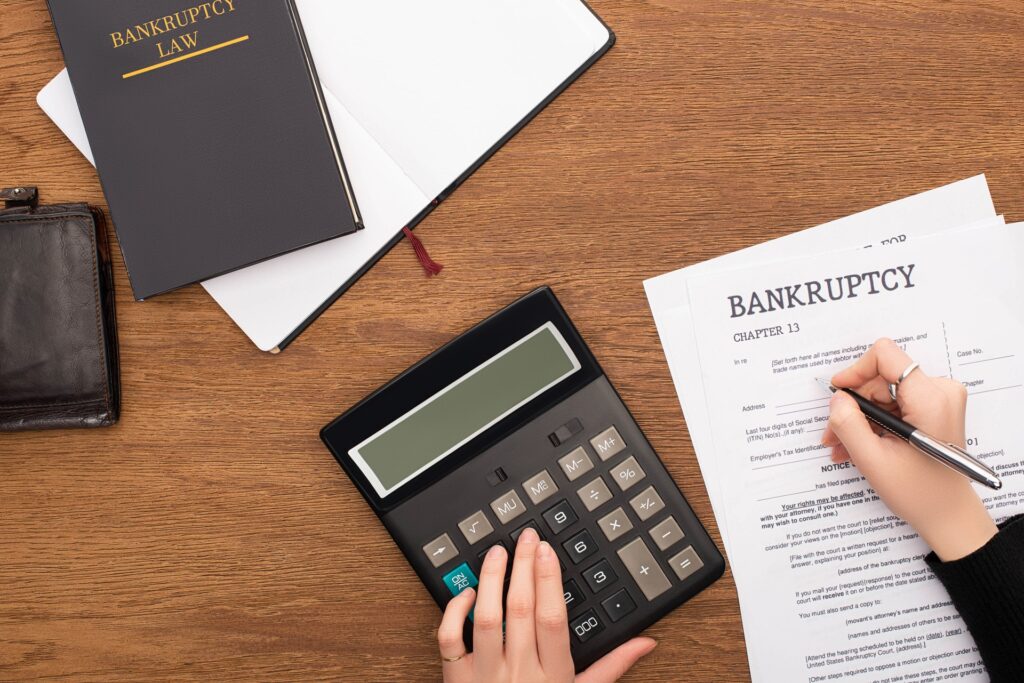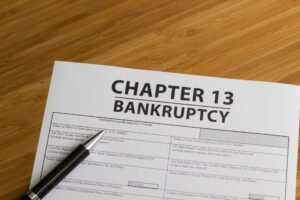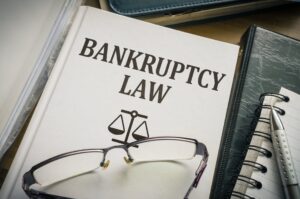Many people struggling with large amounts of debt suffer in silence. Even though so many individuals, families, and small businesses across the country have accumulated significant debt, a persistent social stigma often prevents them from seeking the assistance they need. It’s common for people to feel embarrassed or even ashamed of their financial situation, so they do not take proactive steps to explore their debt relief options. While bankruptcy is typically a last resort option, it allows individuals to discharge many types of debt and obtain the financial fresh start they need to feel hopeful about the future once more. The two main types of bankruptcy for individuals are Chapter 7 and Chapter 13. Let’s take a look at some of the similarities and differences between these two filing options to help you determine which path would best address your needs.
Chapter 7 and Chapter 13 Bankruptcy in Watertown, New York
The two most common forms of bankruptcy for individuals are Chapter 7 and Chapter 13. Both of these filings enable the petitioner to discharge several types of debts. However, they differ in some significant ways and carry their own eligibility requirements.
How Chapter 7 Bankruptcy Works
Chapter 7 bankruptcy allows individuals to discharge (wipe away) their unsecured debt (credit cards, medical, personal loans, repossessions, back utilities, etc.), while continuing to pay on, and keep, secured debt (mortgage, cars, etc.). A chapter 7 bankruptcy will last about 3 months, then the court will discharge the petitioner from the remaining debts. However, it’s important to recognize that certain debts, such as student loans, child support obligations, and most taxes cannot be discharged (wiped away).
Understanding the Chapter 13 Bankruptcy Process
Chapter 13 bankruptcy, also known as the “wage earner’s plan,” requires the petitioner to establish a repayment plan over a three to five year period. During this time, the petitioner makes monthly payments to creditors, slowly paying off portions of the debt. At the conclusion of the repayment period, the court will issue a discharge that releases the petitioner from their remaining unsecured debt obligations.
Key Differences Between Chapter 7 and Chapter 13 Bankruptcy
Chapter 7 bankruptcy usually works best for those without substantial assets who need a financial reset. To qualify for Chapter 7 in New York, the petitioner must show that their previous six month gross household income falls below the state median monthly income. When you file a bankruptcy you list everything in the world you own (house, cars, money in bank, clothes, etc.) and the law provides you with exemptions to protect that property. Chapter 7 bankruptcy works best for people who do not own anything that cannot be protected with the exemptions.
In contrast, Chapter 13 bankruptcy serves individuals who have a steady source of monthly income to establish a plan for gradually repay a percent of their unsecured creditors. Many people who do not qualify for Chapter 7 bankruptcy relief because they exceed the monthly income threshold find success in pursuing a Chapter 13 bankruptcy filing. Chapter 13 enables the petitioner to catch up on past-due mortgage or property tax payments and keep valuable assets (i.e., their home) in their possession while they steadily repay their creditors. One notable difference between Chapter 7 and Chapter 13 is the duration of the process. Chapter 7 cases can resolve within three months, while Chapter 13 cases can take between three to five years to conclude.
Advantages of Filing Under Chapter 7 in New York
There are several advantages to pursuing a Chapter 7 bankruptcy filing in Watertown, New York. First, the process moves forward quickly, typically concluding within three months. Additionally, filers are usually able to keep their property, as exempt assets typically include real estate, primary vehicles, personal property, and bank accounts. At the conclusion of the process, the discharge releases the petitioner from most of their remaining unsecured debt obligations.
Benefits of a Chapter 13 Bankruptcy Filing in New York
When you file for Chapter 13 bankruptcy in New York, you can put a stop to lawsuits and foreclosure proceedings and catch up on past-due mortgage payments. Filing under this chapter gives you time to regain control of your financial situation. It also allows people who do not qualify for relief under Chapter 7 to discharge several types of debts over a longer period of time.
Compassionate Legal Guidance When You Need It Most
It’s natural to feel overwhelmed and isolated when struggling with significant debt. However, you do not need to go through this experience alone. Enlisting the support of a caring and experienced bankruptcy attorney can give you the clarity and confidence you need to move forward and regain control of your finances. Together, you and your lawyer can identify the most strategic path forward, empowering you to make decisions that brighten your future.



